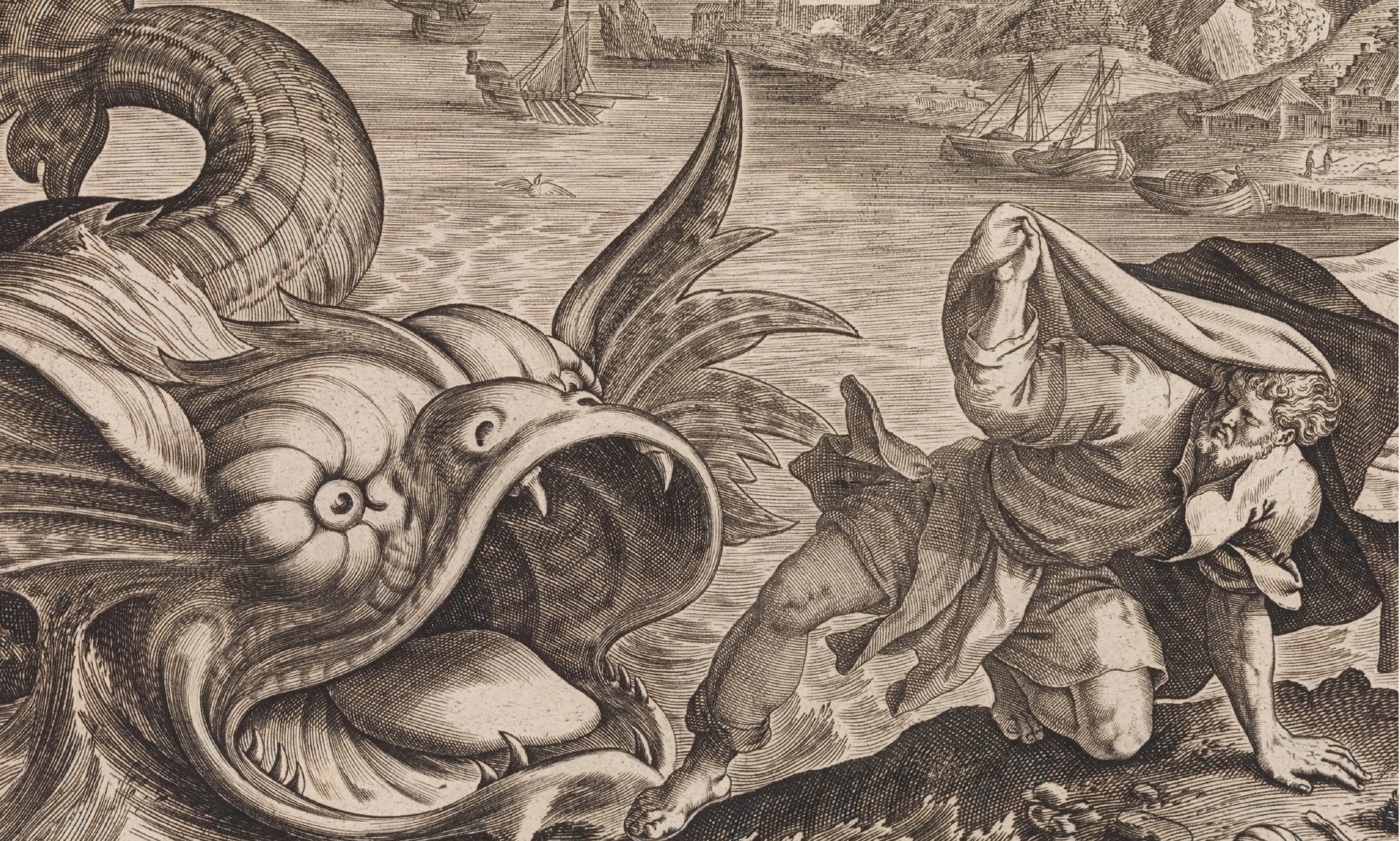 efore I put it back on the shelf, I have to pass on a few more quotes from Laurie Lee’s memoir Cider with Rosie, which is set in the early years of the twentieth century in the small Cotswold village of Slad. Lee’s book features many wonderful passages and some outstanding examples of characterisation.
efore I put it back on the shelf, I have to pass on a few more quotes from Laurie Lee’s memoir Cider with Rosie, which is set in the early years of the twentieth century in the small Cotswold village of Slad. Lee’s book features many wonderful passages and some outstanding examples of characterisation.
My first passage has the little Laurie reflecting on the time when he was banned from his mother’s bed due to the arrival of a younger sibling. Having been led to believe that the exile would only be of a temporary nature, he complains:
I was never recalled to my Mother’s bed again. It was my first betrayal, my first dose of ageing hardness, my first lesson in the gentle, merciless rejection of women. … I grew a little tougher, a little colder, and turned my attention more towards the outside world …
‘The gentle, merciless rejection of women’ – which man hasn’t experienced it at some stage in his life?
In another, less traumatic scene, Laurie, having grown up a bit by now, is playing the violin, primarily, as we find out, for his mother:
… old and tired though she was, her eyes were a girl’s, and it was for looks such as these that I played.
Here is Lee writing about trivial old rain:
Water was the most active thing in the valley, arriving in the long rains from Wales. It would drip all day from clouds and trees, from roofs and eaves and noses.
But it’s the brilliant characterisation, which, more than anything else, makes Lee’s memoir such an enjoyable and entertaining read.
Cabbage-Stump Charlie was our local bruiser – a violent, gaitered, gaunt-faced pigman, who lived only for his sows and for fighting. He was a nourisher of quarrels, as some men are of plants, growing them from nothing by the heat of belligerence and watering them daily with blood. He would set out each evening, armed with his cabbage-stalk, ready to strike down the first man he saw.
And then there is the Prospect Smiler, ‘a manic farmer’:
Few men I think can have been as unfortunate as he; for on the one hand he was a melancholic with a loathing for mankind, on the other, some paralysis had twisted his mouth into a permanent and radiant smile. So everyone he met, being warmed by his smile, would shout him a happy greeting. And beaming upon them with his sunny face he would curse them all to hell.
We also meet the Grannies Trill and Wallon, strong characters both of them and the bitterest of enemies, who only ‘refer to each other as “Er-Down-Under” and “Er-Up-Atop, the Varmint”’.
Granny Wallon ‘made wine as though demented, out of anything at all’, wine that was readily imbibed by the Lee family to dramatic effect. For, having drunk from it, ‘a curious rocking would seize the head; tides rose from our feet like a fever, the kitchen walls began to shudder and shift, and we all fell in love with each other’.
About Granny Trill, on the other hand, we learn that her ‘time was for God, or the birds, [for] although she had a clock she kept it simply for the tick, its hands having dropped off years ago’.
On a less quirky note, we encounter the lovely old couple Joseph and Hannah Brown, who
did nothing more than was necessary to live, but did it fondly, with skill – then sat together in their clock-ticking kitchen enjoying their half-century of silence.
You don’t often meet characters as brilliantly drawn as these, but then this is a memoir, not a novel. Perhaps it is true that life itself writes the best stories.
